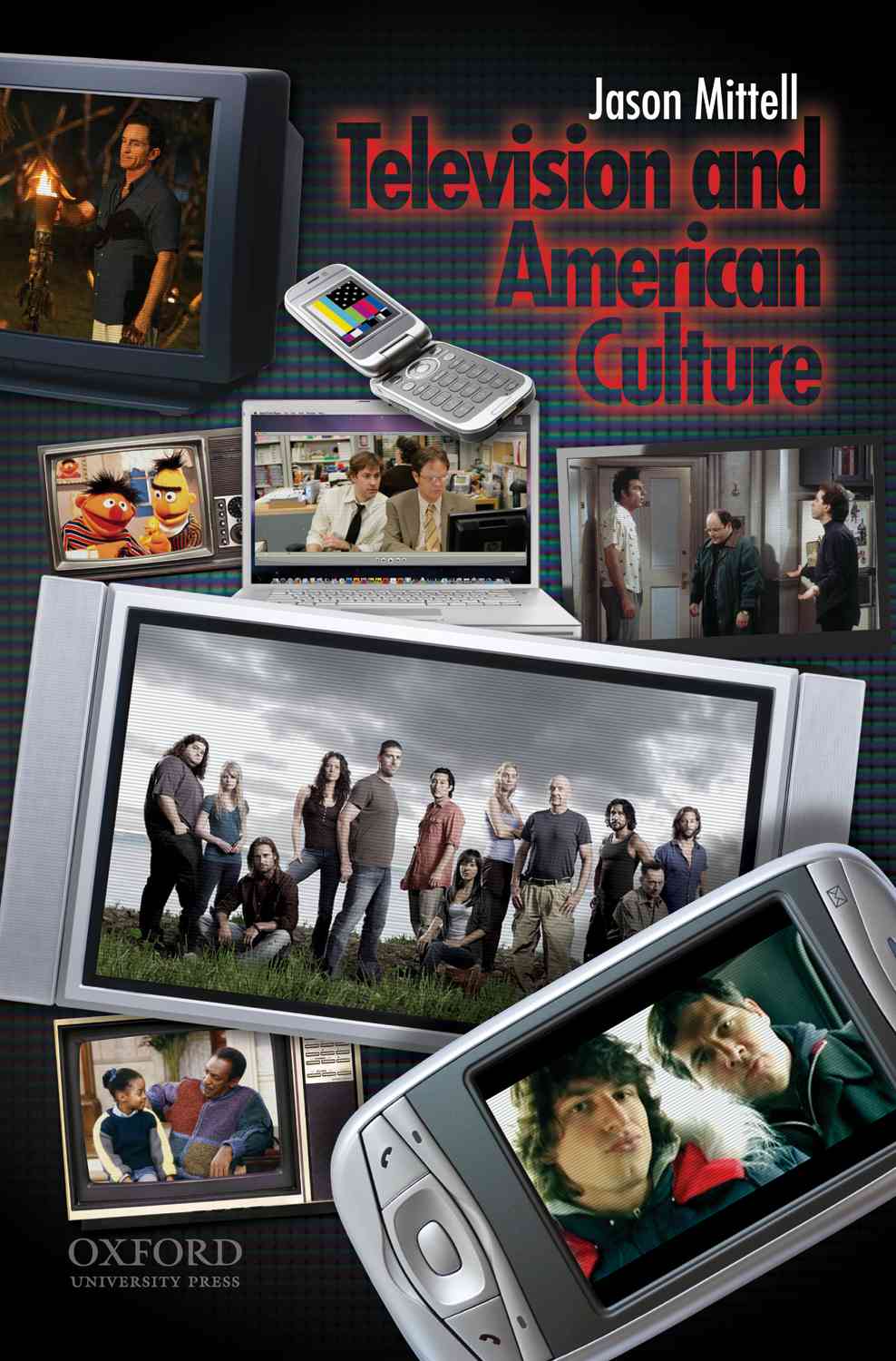Archive for the ‘Open Access’ Category
In the spirit of the season, I am pleased to announce a gift to anyone who wants it: a new open access, multimedia site, The Videographic Essay: Practice and Pedagogy, available at videographicessay.org. This site collects both previously-published and new versions of writings by Christian Keathley, Catherine Grant, and me, as well as numerous examples […]
Filed under: Academia, digital humanities, Media Studies, Open Access, Publishing, Teaching, Videographic Criticism | 1 Comment
My Plans for an Audiovisual Book
As of today, I am officially on leave for the next academic year. I recognize what a privilege it is to get such a leave, as the tradition of the tenured academic position with regular leaves for focused research is becoming more rare and confined to elite institutions (and only some appointments within such institutions […]
Filed under: Academia, Complex TV, digital humanities, Narrative, Open Access, Publishing, Sabbatical, Television, Videographic Criticism | 7 Comments
Tags: breaking bad, character, videographicBB
Institutionalizing Open Access
As of today, my institution Middlebury College has officially embraced open access as the default way that faculty share our research. What this means is that we have adopted a policy whereby faculty grant the institution a license to republish their scholarly essays in an online open access repository, making it standard that copies of faculty […]
Filed under: Academia, Middlebury, Open Access, Publishing | Leave a Comment
I’m excited to announce the publication of my latest book, The Videographic Essay: Criticism in Sound and Image. [Update: as of 2019, the content is open access!] It’s a gratifying publication in many ways. It is the first project that I have co-authored with my good friend and colleague Christian Keathley, and as such, it was […]
Filed under: Books, digital humanities, Fair Use, Not Quite TV, Open Access, Publishing, Technology, Videographic Criticism | 4 Comments
Tags: videocamp
Making Videographic Criticism
The last two weeks were some of the most exciting and energizing of my academic career. My colleague Chris Keathley and I hosted an NEH-sponsored digital humanities workshop at Middlebury, called Scholarship in Sound & Image, focused on producing videographic criticism. We define videographic criticism as creating videos that serve an analytic or critical purpose, […]
Filed under: Academia, Film, Middlebury, New Media, Not Quite TV, Open Access, Videographic Criticism | 12 Comments
Tags: adaptation, digital humanities, remix video, videocamp
Complex TV: Ends
I am filled with joy, relief, and many other emotions in posting the link to the final chapter of Complex TV. Not accidentally, the chapter is called Ends, and it focuses on conclusions, as well as serving as one for the book. Here’s the abstract: American commercial television differs from much of the world in […]
Filed under: Academia, Books, Complex TV, Media Politics, MediaCommons, Narrative, Open Access, Publishing, Television, TV Shows | 1 Comment
Tags: breaking bad, finales, Homeland, Lost, The Sopranos, The Wire
The Ends of Serial Criticism
As I mentioned in my previous post, my first stop on my return trip to Germany was to give the keynote address at the Popular Seriality Conference in my old hometown of Göttingen. I plan on incorporating this talk into my final chapter of Complex TV, but want to share it here first for any feedback […]
Filed under: Academia, Complex TV, Conferences, Media Studies, MediaCommons, Narrative, Open Access, Publishing, Representations, Television, TV Shows | 3 Comments
Tags: breaking bad, finales, Homeland, seriality
Pre-publication and publicity
It’s been a quiet month on the blogging and writing front, as I’ve taken a break from Complex TV to undertake the big move from Germany back to Vermont, and take some time for family vacation. But I hope to return to the book later this week to respond to comments, post new chapters, and finish […]
Filed under: Complex TV, Narrative, Open Access, Press, Publishing, Television | 1 Comment
Tags: cliffhangers, New Yorker
Unmotivated Reading as Work
One of the most circulated and discussed articles in online academic circles last week was Bruce Henderson’s Chronicle piece arguing for the importance of acknowledging reading as a key part of our scholarly labor. I really liked this article, less for his coining of the awkward neologism “consumatory scholarship” to describe the practice of academic reading, […]
Filed under: Academia, Complex TV, Media Studies, MediaCommons, Not Quite TV, Open Access, Publishing, Reading | 2 Comments
Tags: peer review
As regular readers know, I’ve been serializing my new book, Complex TV: The Poetics of Contemporary Television Storytelling, in a pre-publication draft at MediaCommons. One of the goals of publishing the manuscript online like this is to challenge some of the norms of academic publishing and peer review, as advocated & modelled by Kathleen Fitzpatrick […]
Filed under: Academia, Books, Complex TV, Media Studies, MediaCommons, Open Access, Publishing | 3 Comments
Tags: complex television, MediaCommons, survey
One of my academic hobby horses is Open Access, the movement to make scholarship freely available online. I’ve tried to model what embracing open access looks like through my own choices of where to publish, my practice of posting essays here pre-publication (and pulling the print publication when necessary), and my work with MediaCommons. I […]
Filed under: Academia, New Media, Not Quite TV, Open Access, Publishing | 6 Comments








